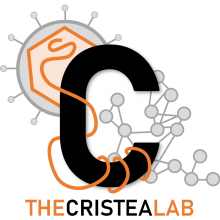Contribution of Mass Spectrometry-Based Proteomics to Discoveries in Developmental Biology
Publication Year
2019
Type
Journal Article
Abstract
Understanding multicellular organism development from a molecular perspective is no small feat, yet this level of comprehension affords clinician-scientists the ability to identify root causes and mechanisms of congenital diseases. Inarguably, the maturation of molecular biology tools has significantly contributed to the identification of genetic loci that underlie normal and aberrant developmental programs. In combination with cell biology approaches, these tools have begun to elucidate the spatiotemporal expression and function of developmentally-regulated proteins. The emergence of quantitative mass spectrometry (MS) for biological applications has accelerated the pace at which these proteins can be functionally characterized, driving the construction of an increasingly detailed systems biology picture of developmental processes. Here, we review the quantitative MS-based proteomic technologies that have contributed significantly to understanding the role of proteome regulation in developmental processes. We provide a brief overview of these methodologies, focusing on their ability to provide precise and accurate proteome measurements. We then highlight the use of discovery-based and targeted mass spectrometry approaches in model systems to study cellular differentiation states, tissue phenotypes, and spatiotemporal subcellular organization. We also discuss the current application and future perspectives of MS proteomics to study PTM coordination and the role of protein complexes during development.
Journal
Adv Exp Med Biol
Volume
1140
Pages
143-154
ISSN Number
0065-2598
Alternate Journal
Adv Exp Med Biol
PMID
31347046

